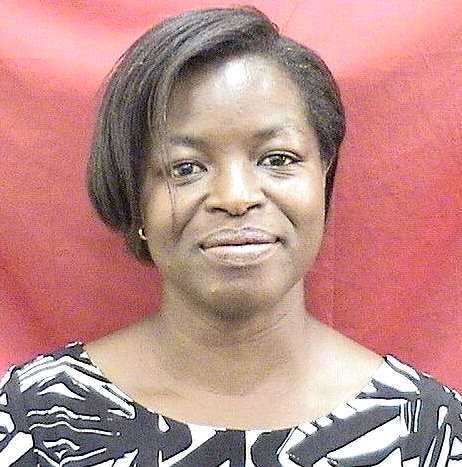Research Areas/Interests
Research undertaken has mainly focused on domestic and industrial wastewater treatment, onsite sanitation and faecal sludge management, water quality, groundwater contamination from onsite sanitation systems, evaluating systems to improve effluent quality from onsite sanitation systems and solid waste management. Research interests include:
- Identification and removal of emerging pollutants in wastewater effluents: Identification of selected opioids in wastewater streams and the application of nanotechnology for the removal of these contaminants. This research also covers investigation of the occurrence of pharmaceuticals in wastewater effluents and the application of adsorbents (activated and unactivated biochars) from local sources to remove these pharmaceuticals from wastewater.
- Resource recovery from faecal sludge: Evaluation of anaerobic digestion of faecal sludge and biomethane potential of the sludge, enhancement of faecal sludge biomethane potential by addition of other organic waste materials and electron acceptors as well as enhancing reuse potential of faecal sludge through treatment and subsequent transformation into building materials.
- Potential of wetlands for the treatment of wastewater and surface water: Research being carried in this area includes the evaluation of substrates, vegetation and baffles (number and orientation) for treatment of municipal wastewater in constructed wetlands, development of a wetland treatment system for grey water as well as evaluation of the potential of wetlands for treatment of produced water and removal of heavy metals from surface water.
- Drinking water quality assessment and groundwater pollution by onsite sanitation systems: Evaluation of the suitability of the Compartment Bag Test (CBT) for microbial assessment of drinking water quality in peri-urban communities, groundwater quality assessment and evaluation of vulnerability of groundwater resources to pollution from effluents from onsite sanitation systems, development of systems to minimise pollution of groundwater by onsite sanitation systems.
- Medical waste management in health care facilities: Assessment of management of general and hazardous solid and liquid wastes in selected government, quasi-government, private and specialist hospitals as well as an assessment of the knowledge, attitudes and practices of health workers with regards to management of hospital wastes.
- Optimizing vermitechnology for treatment of blackwater: Optimizing the treatment potential of the vermidigester by evaluating use of alternative materials as superior substitutes for the components of the conventional vermidigester (i.e. the Biofil toilet technology), investigating influence of enriched substrates applied, efficiency of composting worms for faecal sludge and assessing degradation and accumulation rates of excreta in vermidigesters.
- Treatment systems for industrial and domestic wastewater: Developing filter-based treatment systems for greywater, effluents from onsite sanitation systems and pesticides, employing the use of natural soils as well as the application of biochars from different precursor materials. investigations into the artisanal tannery industry in Ghana, tanning processes applied and management of the resulting wastewater, assessing the impact of artisanal tannery operations on environment and development of treatment processes for the wastewater. Also being undertaken is the application of mycelium-based systems and hydroponics for treatment of abattoir effluents.
- Solid waste management and resource recovery from the waste: Assessing solid waste management in selected communities, contamination of groundwater from waste dumps, recycling potential of generated solid wastes, landfill operations and leachate characteristics, and assessment of energy potential of solid waste deposited at landfills.

